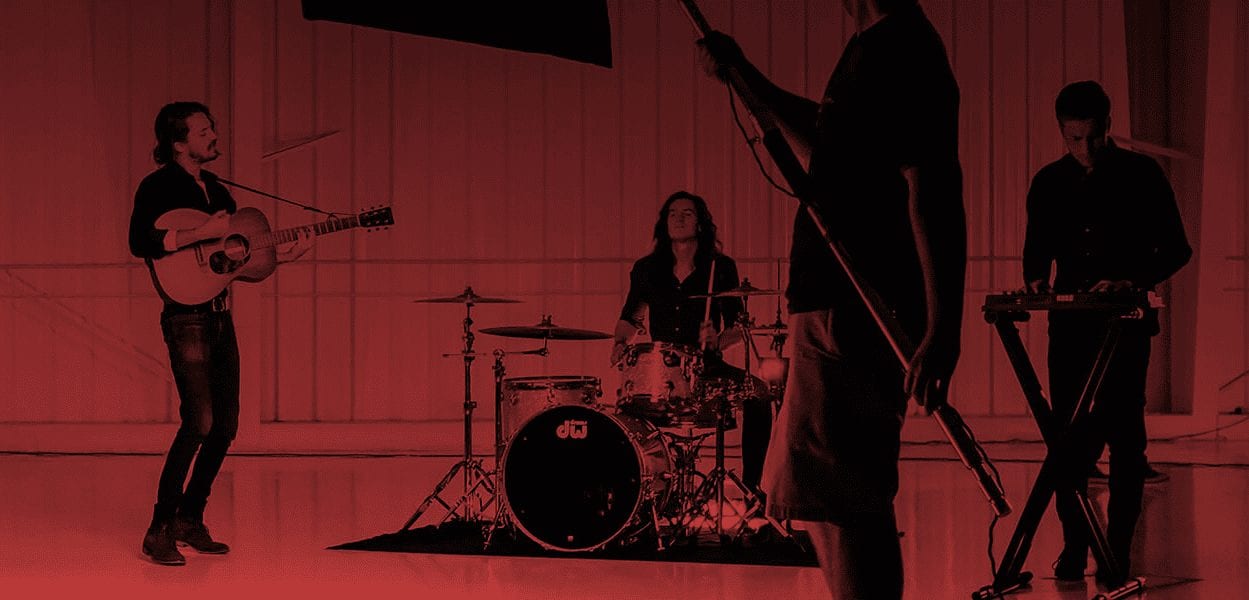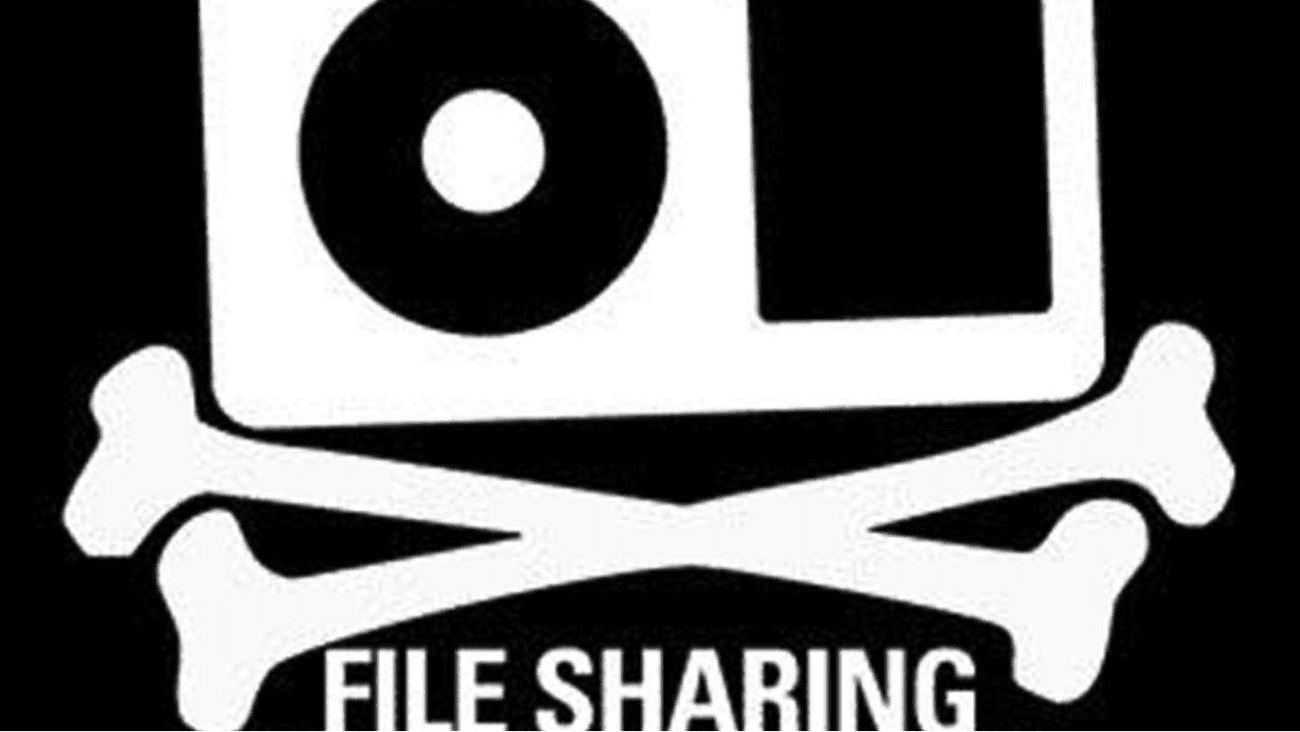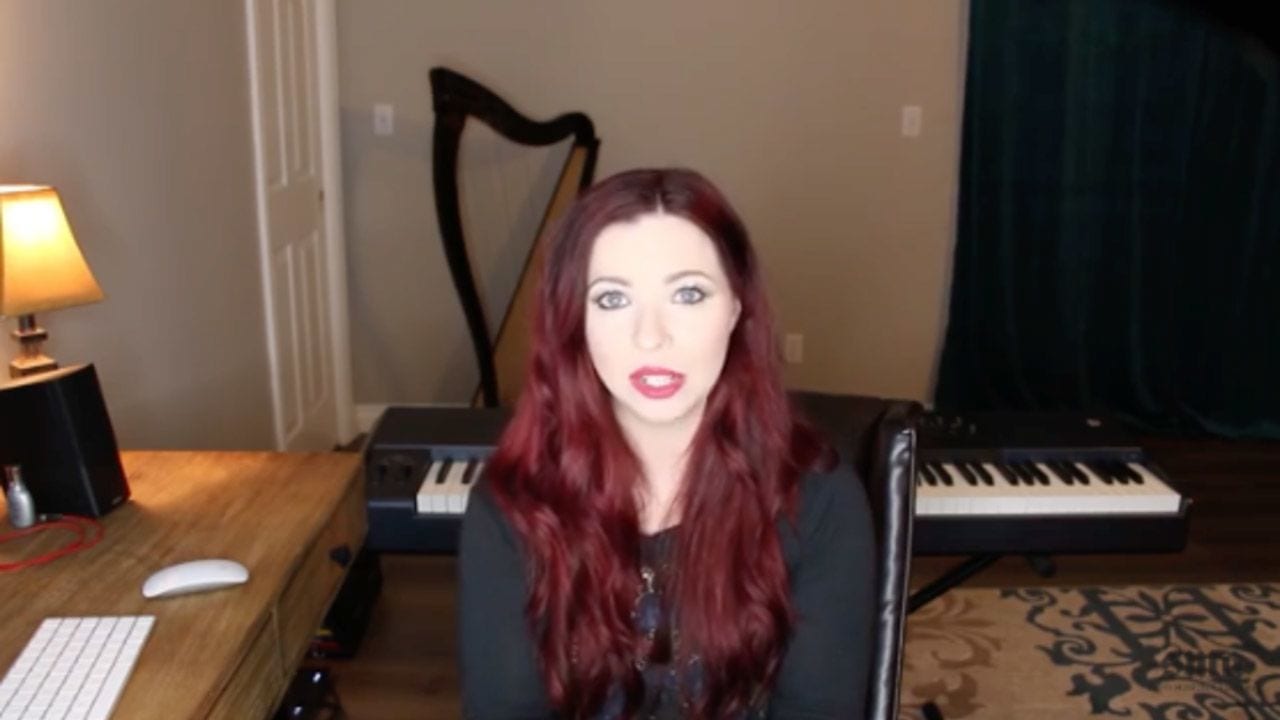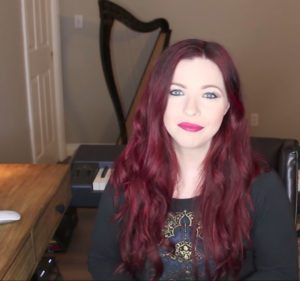
Do you know what the difference is between a professional and an amateur? This week I want to talk about writer’s block, Resistance and getting the job done.
#MakingTheAlbum Week 5
<<< Click here to watch #MakingTheAlbum Week 4
Hey, guys. Welcome back to my Making The Album updates.
I promised you that I was going to keep it real and be completely honest in these updates. Well, you could say that reality has hit hard because, lately, it’s been tough. This is probably the hardest time I’ve ever had writing an album.
Because of that, I’ve been reading a lot. Now, before you guys start sending me a whole bunch of messages, I know I said I’m not supposed to be reading non-fiction at the moment, but the truth is, there are a couple of non-fiction books that have been getting me through this, and I want to share them with you.
As always, you can watch the video for all the details, but one of the most important books I’m going to recommend to you is called The War of Art, by Steven Pressfield. It’s for artists, entrepreneurs – anybody who is born to produce something, even if they never get famous. It’s for anybody who knows it’s in their blood to do something creative.
I’ve talked about writer’s block in the past, but here’s the thing: I’ve never really struggled with songwriting. That’s never been a problem for me – until now.
Because of that, I believed a myth. I believed that, if you’re truly talented, if you’re supposed to do something, it’s going to come easy. Now, I’m finding out that that is totally false.
Here’s the myth that I believed: if you’re truly talented,
if you’re really supposed to do something,
it’s going to come easy. That is totally false.
This time around, I’ve discovered there’s two people living in my head – the entrepreneur and the artist – and they are really at odds with each other. So, part of the struggle I’m having is letting go of the entrepreneur side a little bit. There’s a time and a place for that side of me to take dominance, but not when I’m supposed to be in artist mode.
In The War of Art, Steven Pressfield talks about Resistance, which he describes as an internal force that tries to stop us from doing whatever it is we’re born to do. You know how sometimes you find yourself doing anything to avoid sitting down and working on your music? You’ll wash the windows, put your books in alphabetical order, clean the lint out of the washing machine filter… all before doing the thing that you love to do most. That’s because of Resistance. It often appears as procrastination, but it comes in other forms, too, and sometimes they’re subtle.
Steven Pressfield says that how an artist responds to Resistance shows who they really are. The amateur will avoid, avoid, avoid, because he knows the work is painful. The professional will embrace it. The professional sits down and does it anyway. The professional musician struggles through the pain of creation, whereas the amateur would rather avoid the pain entirely, and therefore will never write their symphony.
The professional musician struggles through the pain of creation,
whereas the amateur would rather avoid the pain entirely,
and therefore will never write their symphony.
So, do you want to be an amateur or a professional? Basically, what it comes down to is, how much pain tolerance do you have? How uncomfortable are you willing to get to achieve the end result that you ultimately want?
Initially, it’s going to feel like you’re pushing a boulder up a hill, but once the boulder gets over the top, it’s downhill from there. Be encouraged: at some point, it does break and the creativity will flow. What I’ve found is that the stuff that comes after I push through is usually my best work.
So that’s where I’m at – pushing through the pain. I know, however, that when I come out the other side of this, I’m going to feel fulfilled and proud of what I’ve written.
“Inspiration is for amateurs — the rest
of us just show up and get to work.”
~ Chuck Close, visual artist
I’m coming to the end of the songwriting process. I’ve got about three songs to go, but I’m open to making changes if any new, better ones come along. I’m starting to look to the future now – what I’m going to try with my marketing this time around. I’m excited to experiment.
Probably soon, I’ll be sharing with you about the income I made this last year, which I’m really happy with, considering that I did nothing new musically.
I hope you keep following me, and that you’re encouraged by what I have to say.
As you’re thinking about your own projects, see if you can figure out how Resistance works against you – what tactics it uses to stop you from making music. Let me know what you come up with in the comments below. And here’s the challenge: in the war against Resistance, are you going to be a professional or an amateur? Maybe the secret to being successful all boils down to this:
“Go to your studio and make stuff.”
~ Fred Babb, artist
With love,
LEAH
P.S. Click here if you’d like me to notify you via email when my weekly updates are released.




